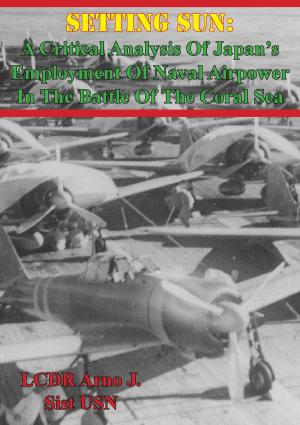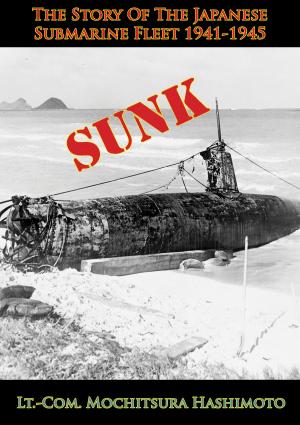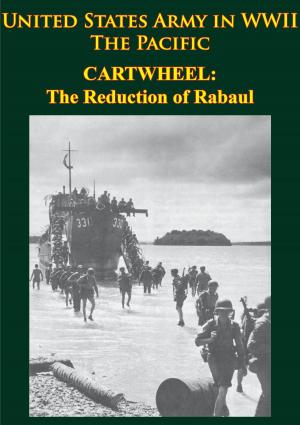United States Army in WWII - the Pacific - Victory in Papua
[Illustrated Edition]
Nonfiction, History, Germany, European General, Military, United States| Author: | Samuel Milner | ISBN: | 9781782894001 |
| Publisher: | Verdun Press | Publication: | August 15, 2014 |
| Imprint: | Verdun Press | Language: | English |
| Author: | Samuel Milner |
| ISBN: | 9781782894001 |
| Publisher: | Verdun Press |
| Publication: | August 15, 2014 |
| Imprint: | Verdun Press |
| Language: | English |
[Includes 23 maps and 95 illustrations]
This is a companion volume to the one on Guadalcanal in the series on the war in the Pacific. Both record the operations designed to halt the advance of the enemy toward the vital transpacific line of communications with Australia and secure Australia as a base. Success in Papua and Guadalcanal, achieved in February 1943, put the Allied forces in a position to neutralize Rabaul and, this accomplished, to advance to the Philippines.
The present volume concentrates on the action of one United States Army division. In telling the story of a comparatively limited number of troops, the author has been able to present the combat experience of small units in sharper focus than has been possible in most of the other full-scale campaign volumes.
The campaign abounds in lessons.
The strategic significance of the Papuan Campaign can be briefly stated. In addition to blunting the Japanese thrust toward Australia and the transpacific line of communications, it put General MacArthur’s forces in a favorable position to take the offensive. But this little known campaign is significant for still another reason. It was the battle test of a large hitherto-inexperienced U. S. Army force and its commanders under the conditions which were to attend much of the ground fighting in the Pacific. Costly in casualties and suffering, it taught lessons that the Army had to learn if it was to cope with the Japanese under conditions of tropical warfare.
[Includes 23 maps and 95 illustrations]
This is a companion volume to the one on Guadalcanal in the series on the war in the Pacific. Both record the operations designed to halt the advance of the enemy toward the vital transpacific line of communications with Australia and secure Australia as a base. Success in Papua and Guadalcanal, achieved in February 1943, put the Allied forces in a position to neutralize Rabaul and, this accomplished, to advance to the Philippines.
The present volume concentrates on the action of one United States Army division. In telling the story of a comparatively limited number of troops, the author has been able to present the combat experience of small units in sharper focus than has been possible in most of the other full-scale campaign volumes.
The campaign abounds in lessons.
The strategic significance of the Papuan Campaign can be briefly stated. In addition to blunting the Japanese thrust toward Australia and the transpacific line of communications, it put General MacArthur’s forces in a favorable position to take the offensive. But this little known campaign is significant for still another reason. It was the battle test of a large hitherto-inexperienced U. S. Army force and its commanders under the conditions which were to attend much of the ground fighting in the Pacific. Costly in casualties and suffering, it taught lessons that the Army had to learn if it was to cope with the Japanese under conditions of tropical warfare.
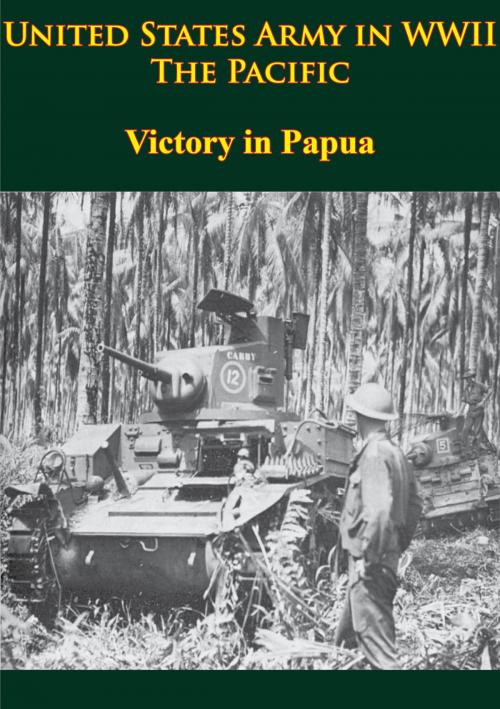



![Cover of the book The First Seven Divisions, Being A Detailed Account Of The Fighting From Mons To Ypres. [Illustrated Edition] by Samuel Milner](https://www.kuoky.com/images/2012/april/300x300/9781782890843-FQ7G_300x.jpg)
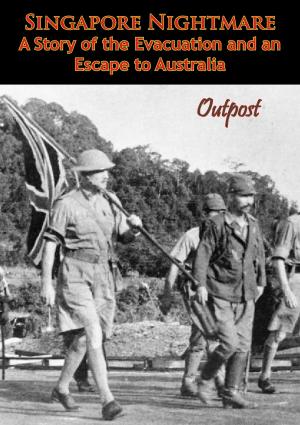
![Cover of the book Flank Defense In Far-Reaching Operations [Illustrated Edition] by Samuel Milner](https://www.kuoky.com/images/2015/november/300x300/9781786251473-8OWE_300x.jpg)

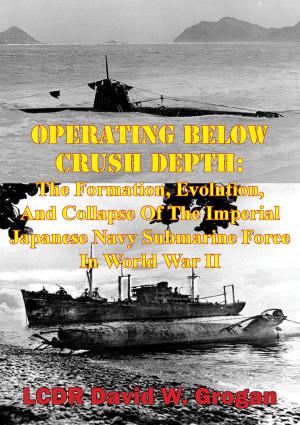


![Cover of the book Marines In World War II - Saipan: The Beginning Of The End [Illustrated Edition] by Samuel Milner](https://www.kuoky.com/images/2014/august/300x300/9781782892830-qrzB_300x.jpg)
